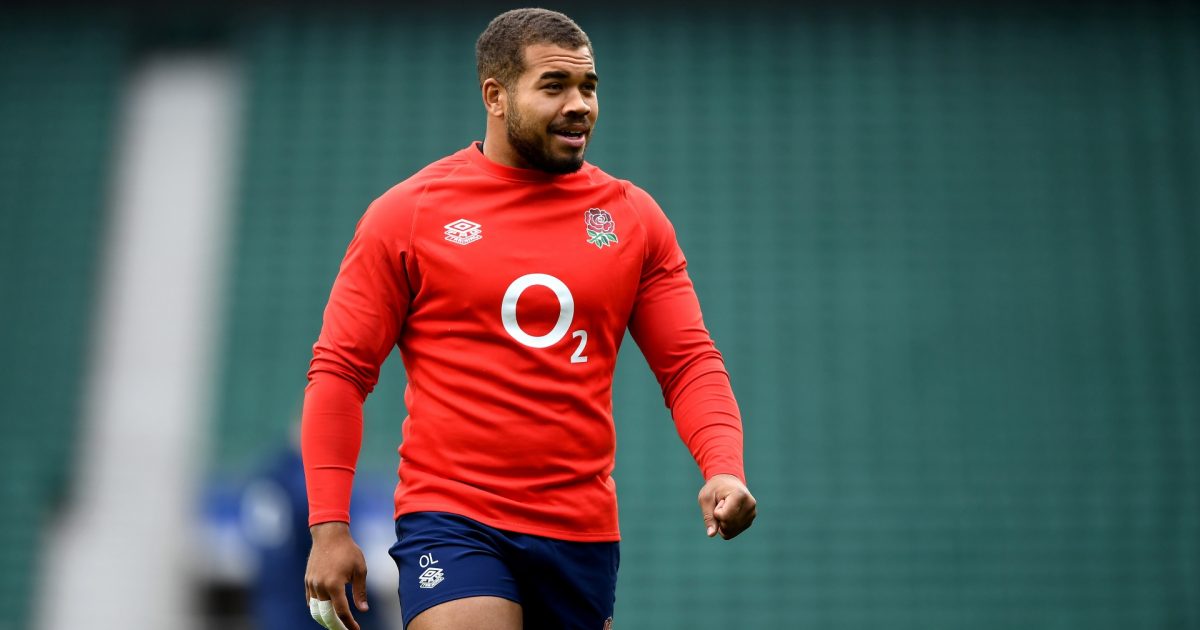'His skin folds have come down 15 per cent': How Ollie Lawrence responded to the England axe

There was much hue and cry in recent times about the cold-hearted way in which Ollie Lawrence, an England starter in the opening round of the Guinness Six Nations versus Scotland, was tossed aside by Eddie Jones for the subsequent matches against Italy and Wales.
Having been chosen at inside centre for just his fourth Test cap, the 21-year-old was starved of the ball and it wasn’t until around the hour mark that he finally had some possession that he was able to carry.
Rather than some of Jones’ under-performing stars paying the ultimate selection price after the loss to the Scots, the only England backline alteration was the omission of Lawrence from the matchday 23 to take on the Italians, a gambit that saw skipper Owen Farrell shift out to centre from out-half to accommodate the inclusion of George Ford.
It was a difficult demotion for the youngster who is still learning the ropes at Test level, given that he only first hooked up for England training last October, but he has now returned to the international reckoning, making the bench for this Saturday’s round four clash with France at Twickenham.
It’s a development that has pleased Jones, the coach who had no qualms excluding the rookie Test centre just four weeks ago amid the fall-out from the defeat to Scotland. Asked about his pep talks with Lawrence, the England boss said: “I can’t really share the private conversations I have had with Ollie, as you’d appreciate.
"His diligence to go away and work on that will be the test of his resilience"#SixNations #ENGvITA
— RugbyPass (@RugbyPass) February 12, 2021
“But what I can tell you is that I have been really impressed by his desire to improve. I’ll just give you one area: he has gone from 96kgs in bodyweight to 99kgs, his skin folds have come down 15 per cent, so he has got himself in much better physical condition – and there have been other parts of his game where he has worked really hard on to improve. I couldn’t be more pleased with his progress.”
That change in Lawrence’s body shape has apparently been a work in progress dating back to his inclusion for Autumn Nations Cup duty and is evidence that Jones does believe the midfielder has the tools to become a long-term option for England. Speaking after he had dropped Lawrence post-Scotland, Jones had declared: “There are areas of his development we want him to go work on because we want him to go be a 50-cap player and that is what we are trying to develop with him.”
Finn Russell joins RugbyPass Offload EP 20 🚨
We're joined by Scottish royalty this week!
Finn previews Scotland vs Ireland and gives us an insight into the Scotland camp 🤝
He also talks him & Gregor, the Lions Tour and his thoughts on England 👀
🎙️ – https://t.co/42nsDi8N6A pic.twitter.com/LCpcEzL81S
— RugbyPass (@RugbyPass) March 10, 2021






























































